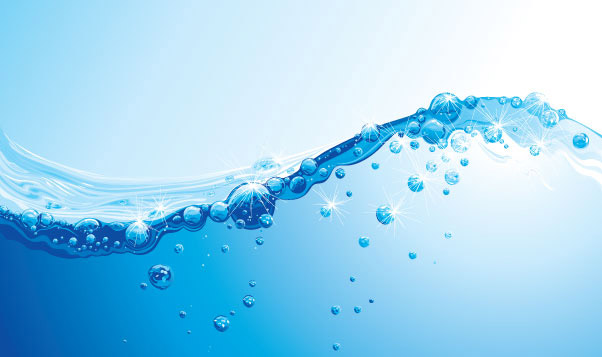The nature of complex systems necessitates caution and quality control. The more complex a system, the more likely it is to fail, and the more severe the failures. What begins as a single weakness permeates throughout a system, and further weakens other elements of the system. By the time a problem becomes noticeable, it may be only one symptom of a greater flaw. Without proper monitoring, any system can fail. It is also true that without proper controls and prevention, any system will fail, too.
Systems that rely on the flow, use, disposal, or treatment of water are especially vulnerable. Water is a dynamic substance that carries with it a variety of complications. Water is a vehicle for minerals, pathogens, corrosive gasses, and countless other contaminants. It can leak, it can corrode, it builds up in pressure, it can cause flooding, and it requires those who manage it to do so seriously. Though it may be ubiquitous in our everyday lives, water is not something that should be presumed upon. Cooling towers, wastewater disposal sites, reservoirs, and many other systems are a testament to this fact.
Today, we will be looking at some of the ways that a complex system can become problematic or inefficient. We will also review how systems moving, treating, or utilizing water can be made hedged against risk and uncertainty.
Complex Systems and Generalizations
When a complex system is designed, assumptions are made regarding how it will function day-to-day. Optimal conditions may be provided in a design blueprint. Managerial pressures or coping with production limitations radically affect actual use conditions. These changes may even be to increase production and efficiency.
Yet, because of these changes, the entire system will be changed in dramatic ways. If a standing body of water is warmer or stays in one place longer than was intended, this can lead to systemic problems. If you are the plant owner or manage a complex system, you know that it’s not always possible or efficient to follow design conditions. This is ultimately at odds with the generalizations made at the onset of the design process. You won’t always be aware of what elements will be hindered, weakened, or strained by the choices made on your end. You can try to emulate these conditions as best as you can, even, but it won’t always be the most prudent production process.
Reducing these variances is important to limit the stress on a complex system. As one problem escalates, others follow suit. This becomes exponential, which leads to catastrophic failures. Limiting stress means limiting sources for such variance.
Water in a Complex System
As mentioned before, water makes a complex system moreso. No matter what condition water is in, it can present issues in a closed system. Let’s look at two examples.
Water is either flowing or still. If it’s flowing, there are more opportunities for it to leak, corrode a surface, and build up pressure. If it’s still, it can be an incubation ground for pathogens, and could easily build up scale or fouling.
Water can be cold, hot, or lukewarm. If it’s too cold, it can severely damage pipes and surfaces. If it’s too hot, it can boil or transfer heat where no such heat can be tolerated. In either case, cold or hot, extreme temperatures also pose health risks should employees be exposed to it. If the water is merely lukewarm, then it is once again a deposit for microbial and mineral contaminants.
Ultimately, water will likely fall into these categories at various stages in a complex system. Water itself is one of the most dynamic elements in any system, a common vehicle for unaccounted variables. Even in a well-designed system, minor variances in live conditions can throw off a presumed balance.
For the many reasons stated above, we highly suggest reducing variances in your process water. This can be done by thoroughly filtering the water used in your system. No matter what the system is, filtering water can be useful for reducing variables that would otherwise cause problems down the line.
Call Diamond Water Systems today to find out how you can increase plant efficiency by filtering water at your facility. We can review your specifications and build a custom filtration system for your needs.

